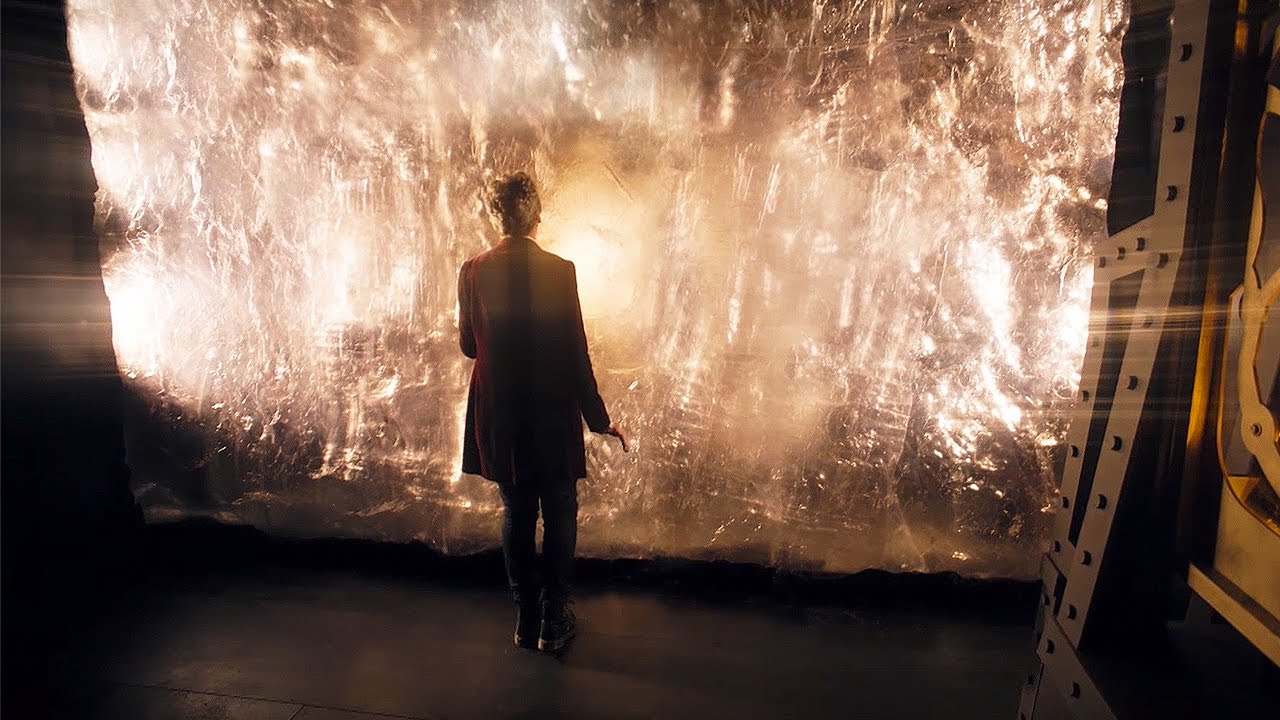The Ghost Monument Review
There’s a typical review structure where I talk about the good things for a while and then lead up to a “but” that brings it all crashing down. I liked this, though, so let’s do it the wrong way around. The biggest problem is in the resolution, and what it ends up doing to the sense of pacing. Having Angstrom and Enzo simply vanish into thin air with all the implications of their characters being left entirely unresolved is deeply weird, or at least it would be if it came from someone other than the guy who found no implications to consider in the Doctor committing stone cold murder in Dinosaurs on a Spaceship and who wrote the bewilderingly misshapen The Power of Three. As it stands, it’s a deeply worrisome “ooh, you still aren’t real big on dramatic unities are you?” moment. Jumping from that to a bizarrely unearned moment of the Doctor giving up hope when the TARDIS isn’t on that specific rock at that specific moment is clearly a problem. And similar problems abound. The “Ryan charges out with a gun” sequence is put together with no real thought towards the degree that it renders the already not that compelling robots an object of abject comedy for their sub-Stormtrooper aim. The Stenza reveal communicates “there is an arc” as opposed to actually feeling like anything follows from it. Most particularly, the Bedsheets of Death (clearly a better title for this episode) turning out to be mind-readers that try to terrify you is not set up well at all.
So clearly this is just something we’re going to have to live with in the Chibnall era, because multiple years of pointing it out every week is going to be agonizing. Whatever pleasures are going to be offered by this phase of the show, they’re clearly not going to be rooted in the sense of how structurally tidy things are. Nor, for that matter, are they going to be rooted in any sort of vivid character work. Chibnall’s characters talk like television, and have a thinness because of it. Davies, of course, created his version of Doctor Who by stitching together bits of other television shows, but he was incredibly deft and efficient at creating vividly human characters out of these components. Chibnall isn’t doing that. Ryan and Graham are roles, not people; their dialogue about Grace and their relationship isn’t showing human trauma, it’s communicating what tropes have been chosen for them. And Yaz isn’t even that yet.
But what if we just accept that and let ourselves be pleasantly surprised if a guest writer turns up and offers that. After all, it’s nothing we hadn’t gotten good at doing for Mark Gatiss. But what is this era offering if not what most conventional aesthetics of television in 2018 consider to be basic competence? Sure, this question is implicitly damning with faint praise; Chibnall isn’t going to top any of the three previous showrunner/script editors for me. But god, I don’t want to write that for three years straight and I can’t imagine you want to read it.…

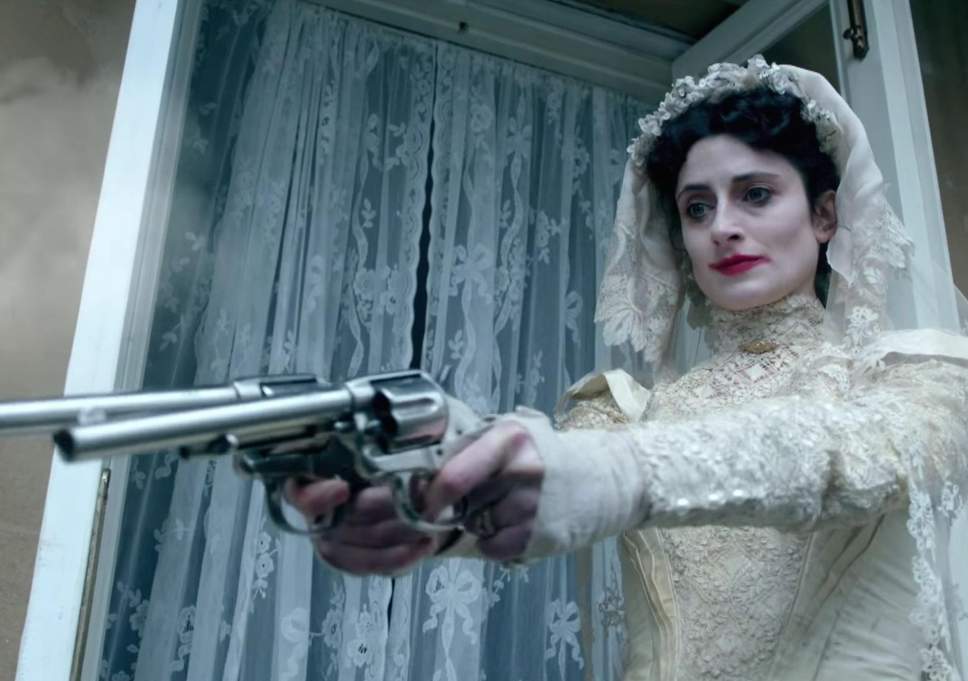
 Fascism, of course, always had a lot more in common with classical liberalism than most people realise. Fascism was built around the defence of private capitalism. Far from being the ideologically ultra-statist economic nightmare of right-wing mythology, fascist economics was complex and opportunistic. It sometimes used nationalisation as well as privatisation. Indeed,
Fascism, of course, always had a lot more in common with classical liberalism than most people realise. Fascism was built around the defence of private capitalism. Far from being the ideologically ultra-statist economic nightmare of right-wing mythology, fascist economics was complex and opportunistic. It sometimes used nationalisation as well as privatisation. Indeed, 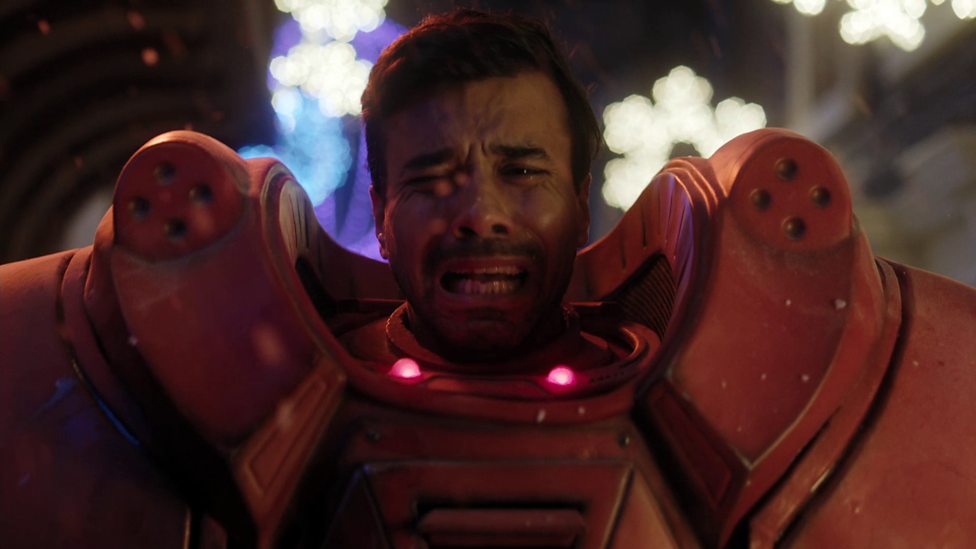
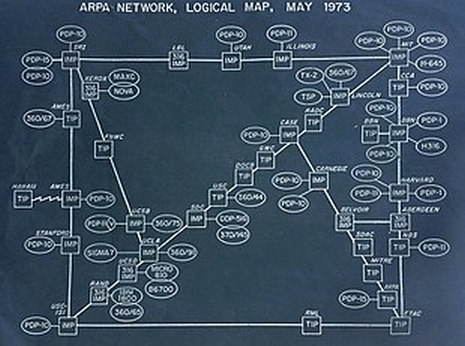 Last time in ‘Summing Up’, we talked about how the right-libertarian “views the horror of socially-arranged altruism as worse than the horror of letting people die for want of medical care” because “libertarianism is against individual freedom for all because it depends upon collective liberation”. This, of course, raises another issue. Where does one draw the line? If socialised medicine is totalitarianism for doctors, why is the tacit threat of destitution which lies behind the wage labour system not considered equally bad? The answer to this question is the same brute and vulgar answer we gave already. It comes down to which side you’re on… which, most of the time, in an instance of capitalism creating a self-fulfilling prophecy of the selfish and cynical actor of its own ideological account of human nature, comes down to which class you’re in, or which class your interests are aligned with.
Last time in ‘Summing Up’, we talked about how the right-libertarian “views the horror of socially-arranged altruism as worse than the horror of letting people die for want of medical care” because “libertarianism is against individual freedom for all because it depends upon collective liberation”. This, of course, raises another issue. Where does one draw the line? If socialised medicine is totalitarianism for doctors, why is the tacit threat of destitution which lies behind the wage labour system not considered equally bad? The answer to this question is the same brute and vulgar answer we gave already. It comes down to which side you’re on… which, most of the time, in an instance of capitalism creating a self-fulfilling prophecy of the selfish and cynical actor of its own ideological account of human nature, comes down to which class you’re in, or which class your interests are aligned with. 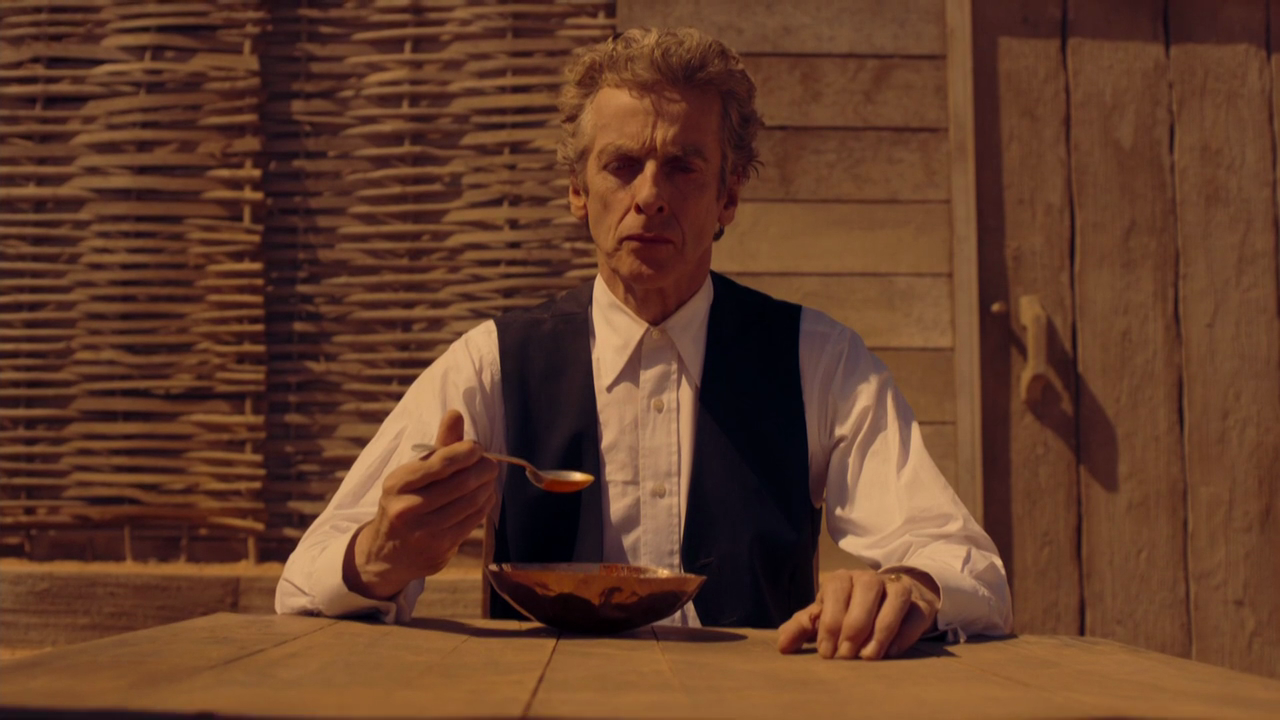
 In an article entitled ‘Democracy Isn’t Freedom’, Ron Paul wrote:
In an article entitled ‘Democracy Isn’t Freedom’, Ron Paul wrote: